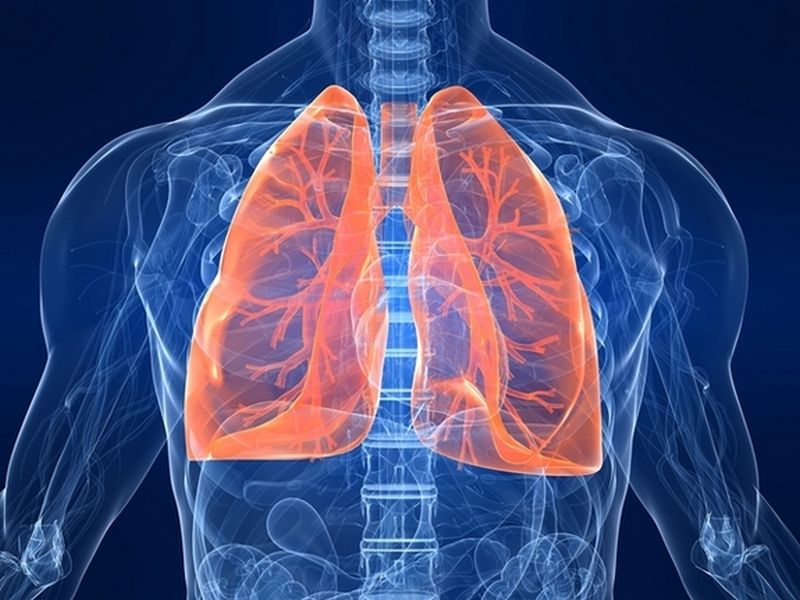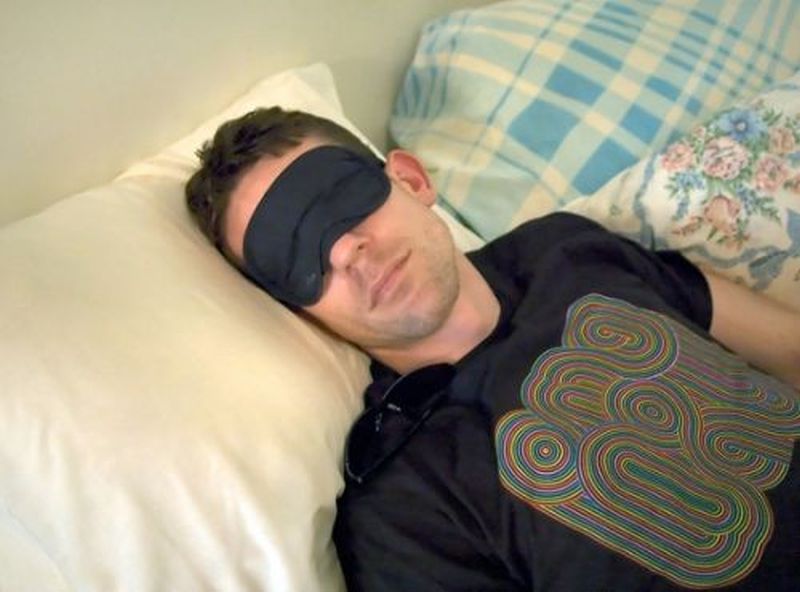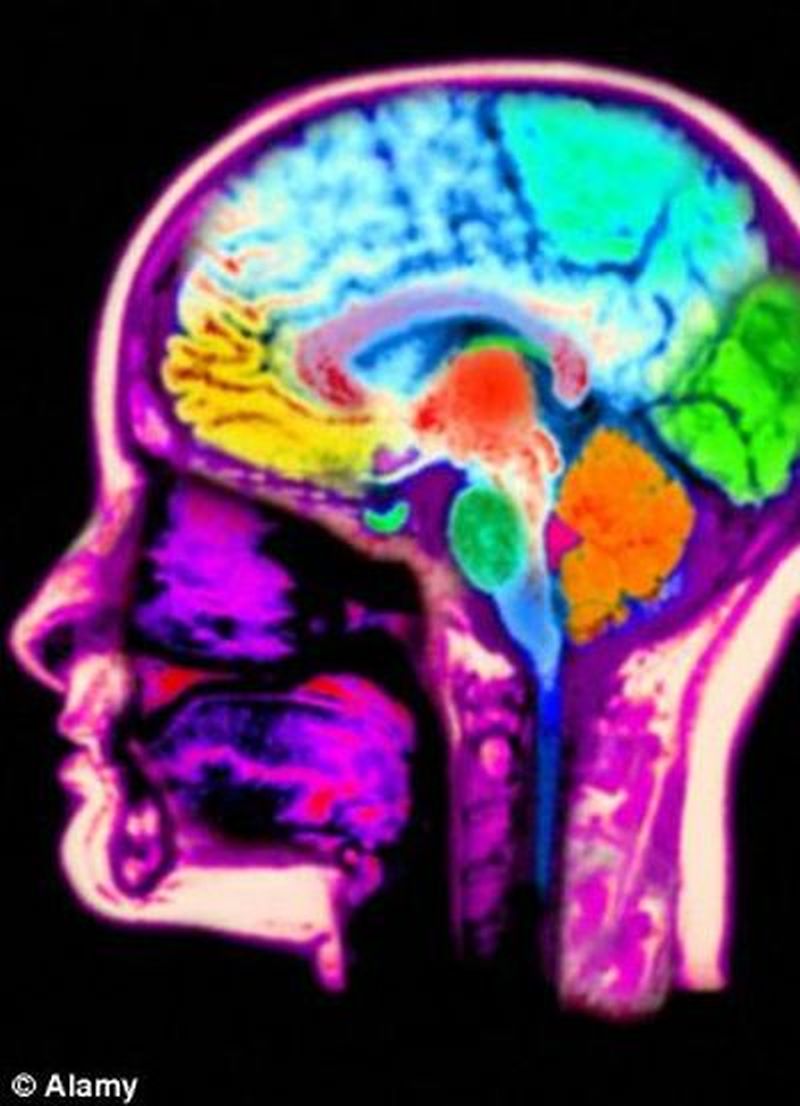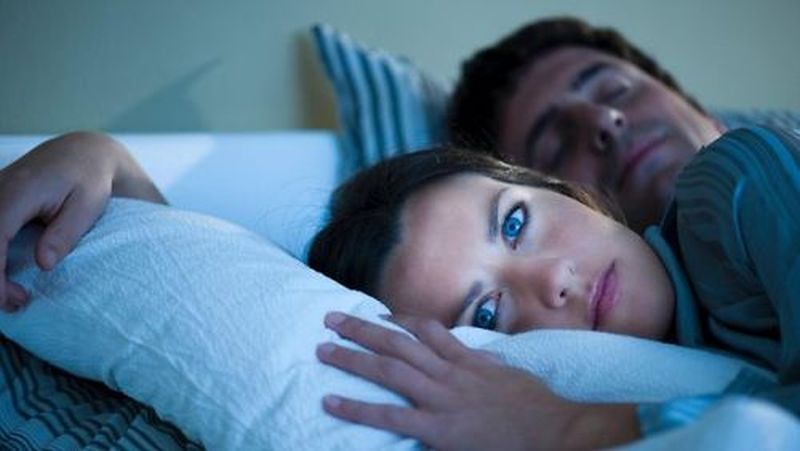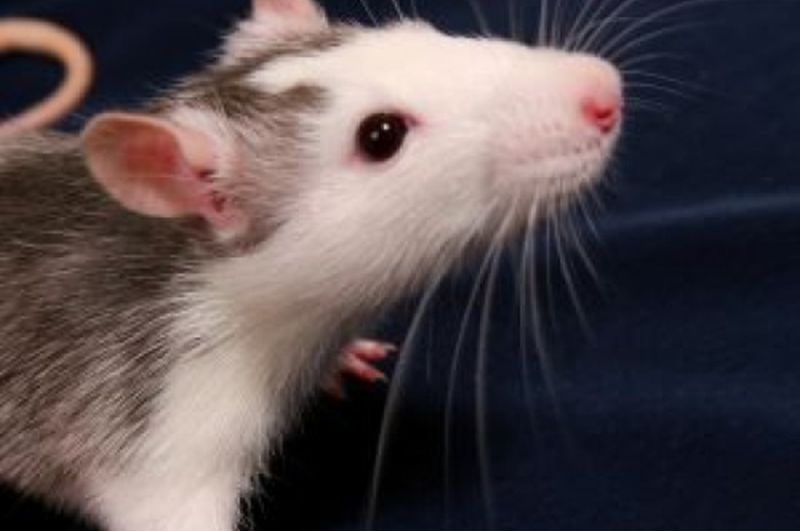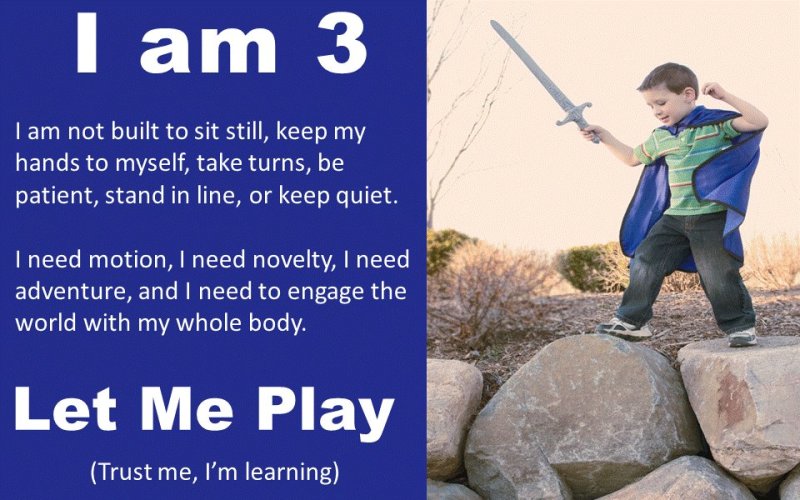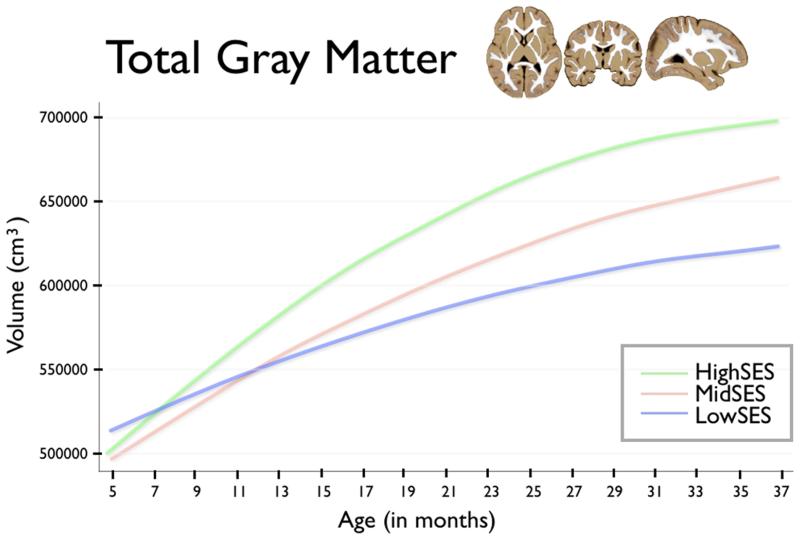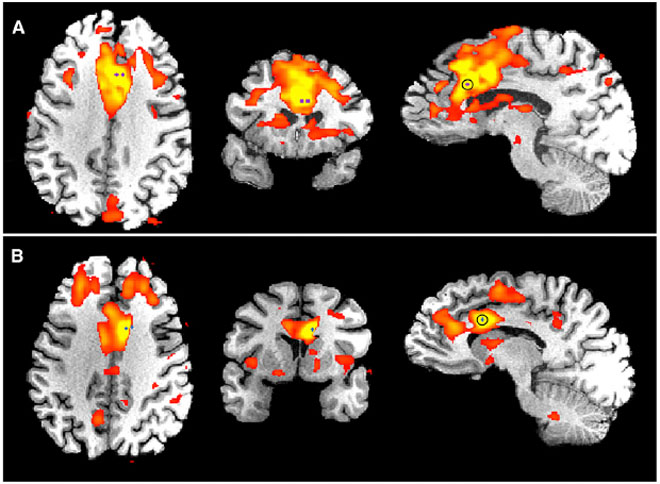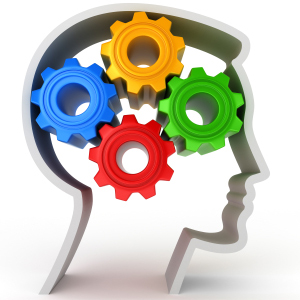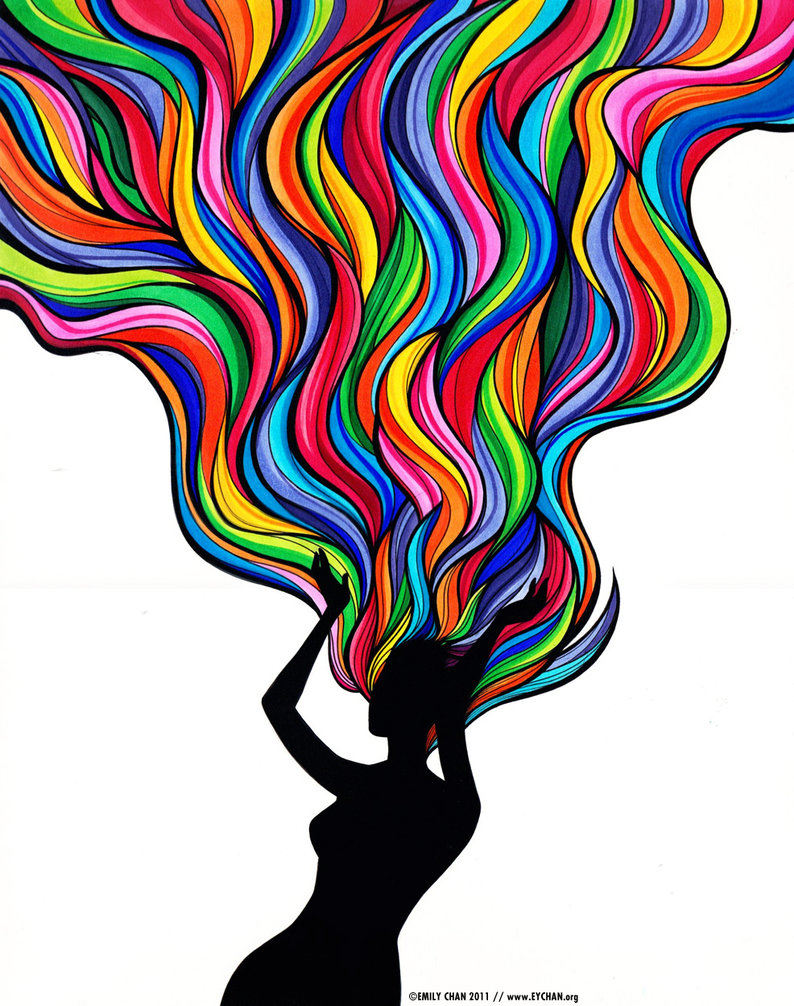A recent research from the University of Exeter Medical School reports that people living near green patches in urban place (like parks and gardens) tend to have eternal advantages on their psychological health. The advantages gained outlast even after the person shift away. The discovery further pushes us to work towards maintaining a greener planet.
Read MoreTag: healthy living
Free Play For Everyone (2)
A child’s main occupation in life is PLAY, which puts it high up the ladder of priorities in the world of child care. As promised earlier, this article is dedicated to parents who are looking for simple affordable ideas to boost their children’s play skills as well as overall development through play. When it comes to purposeful play, simplicity works just fine. It doesn’t have to be complicated or expensive at all. All you need to do is introduce simple themes and play tasks in a way that captures your…
Read MoreLike Nose Lungs Has A Sense For Smelling Too
Most of us believe that nose is the only organ, which can perceive smell but now this perception won’t hold for long. In a recent research, smell receptors have been found located in lungs as-well. These newly found olfactory receptors are termed as pulmonary neuroendocrine cells (PNECs).
Read MoreSleeping Can Prevent Brain Tissue Damages
In one of the article we have discussed how during sleep human brain cleans itself from toxins which if not removed can cause certain brain disorders. In a recent study, researchers have found that a healthy person deprived of sleep for just one night shows increase in molecules like NSE and S-100B in the blood concentration. These molecules are exclusively found in the brain and an increase accumulation of these in blood indicates that insufficient sleep results in brain tissue damage.
Read MoreEat Cranberries For A Longer Life Span
We all love eating cranberries, but I was not aware that they have antioxidant properties which helps in having a longer & healthy life. Researchers from the National Institute on Aging in Baltimore conducted the study on a fruit fly called Drosophila.
Read MoreVideo Games Helps In Boosting Grey Matter Of The Brain
There is good news for all the folks who are addicted to video games and find it difficult to leave it. Researchers in a recent study found that playing video games could actually help in boosting the performance of the brain. They found that the person playing video games on an average of 30 minutes daily for 2 months have shown an increase in the grey matter of the brain areas involved in controlling the spatial consciousness, memory, and critical thinking.
Read MoreWomen Require Longer Hour Of Sleep Than Men
Recent research by Duke University, in Durham, North Carolina, revealed women require more sleep than men do. Previous studies on the topic suggests women deprived of ample sleep is more likely to show sign of anger, aggressiveness and may suffer from heart disease, psychological problems, depression, strokes and inflammation within the body.
Read MoreAn Element Of Aging In Mice Can Be Reversed: A Research
Today various beauty treatments and products are available, which claims to slow down the effect of aging and thus prolonging youthfulness. Recently a team of researchers from Harvard Medical School, the National Institute on Aging and the University of New South Wales, Sydney, Australia has discovered an element of aging, which can be reversed at molecular level.
Read MoreFree Play For Everyone (1)
As promised in my last article, today I start a new series of posts to direct parents on how to spend what I like to call “smart times” with their little ones, and play games that will support a healthy development. In order to play right, a parent must know the types of play and the normal development of play in a child. This will give parents an opportunity to target the different types of play during their shared quality time. The main types of play are acquired throughout the…
Read MoreLink Between Brain Development And Poverty Found
(SES) refers to socio-economic status households. It is known amongst education and health professionals in the field of child development that early years’ experiences have a huge effect on children’s ability to acquire developmental milestones. Such experiences are greatly associated with family lifestyle and conditions. A new study found a connection between the child’s brain development and family income. The study was conducted by researchers from the University of Wisconsin–Madison, who proved that families living with incomes under 200 percent of the federal poverty line have less gray matter in their…
Read MoreElectrical Stimulation Provokes The Will to Persevere
I am sure that we have all heard stories of people who lead a fight with death, and won the fight against all odds. Such stories are no longer told for mere inspiration to hold on to life and declare war on hardships. It is now in fact being studied from a scientific point of view. A group of scientists believe that they may have discovered the brain part responsible for the “will to persevere”. The anterior midcingulate cortex has always been believed to play a role in emotions, pain…
Read MoreSynaesthesia is More Common in People with Autism
A new study suggests that people with autism are more likely to have synaesthesia. As explained in my previous article, Synesthesia is a neurologically based phenomenon in which stimulation of one sensory or cognitive pathway leads to automatic, involuntary experiences in a second sensory or cognitive pathway- News-medical.net The study was carried out by a team of scientists led by Professor Simon Baron-Cohen at the Autism Research Centre at Cambridge University. The research team started their work from the assumption that both people with Synaesthesia and those with autism have atypical…
Read MoreTreating Acne With Marine Algae
This article goes out for all the women (men too) who are often troubled with ace problem and look for all the possible remedies to get rid off them. Researchers has found an answer to such acne problems. Researchers from University of Stirling’s Institute of Aquaculture, discovered that the fatty acid produced from the marine algae, posses cleansing effects and therefore could cure acnes.
Read MoreI am Not Weird, I am a Synesthete
I still remember the first time I realized that numbers, week days, years and months had a certain order in my brain. I must have been around 7 or 8 then. And now, around 2 decades later, I realize that not everyone has this type of imagination, and that this is in fact a neurological phenomenon called Synesthesia. According to News-medical.net, Synesthesia is a neurologically based phenomenon in which stimulation of one sensory or cognitive pathway leads to automatic, involuntary experiences in a second sensory or cognitive pathway. People with…
Read MoreGene Mutation May Be The Reason Behind Alcoholism
We all know alcoholism (alcohol dependence) is not related on any single element and rather it is dependent on a number of elements like genetic, psychological and environmental. And out of the three genetic element has a major role in alcoholism and still researchers have not completely understood the complex process leading to alcoholism. However, as per a new study, gene mutation may be the probable cause leading person to alcoholism.
Read More


